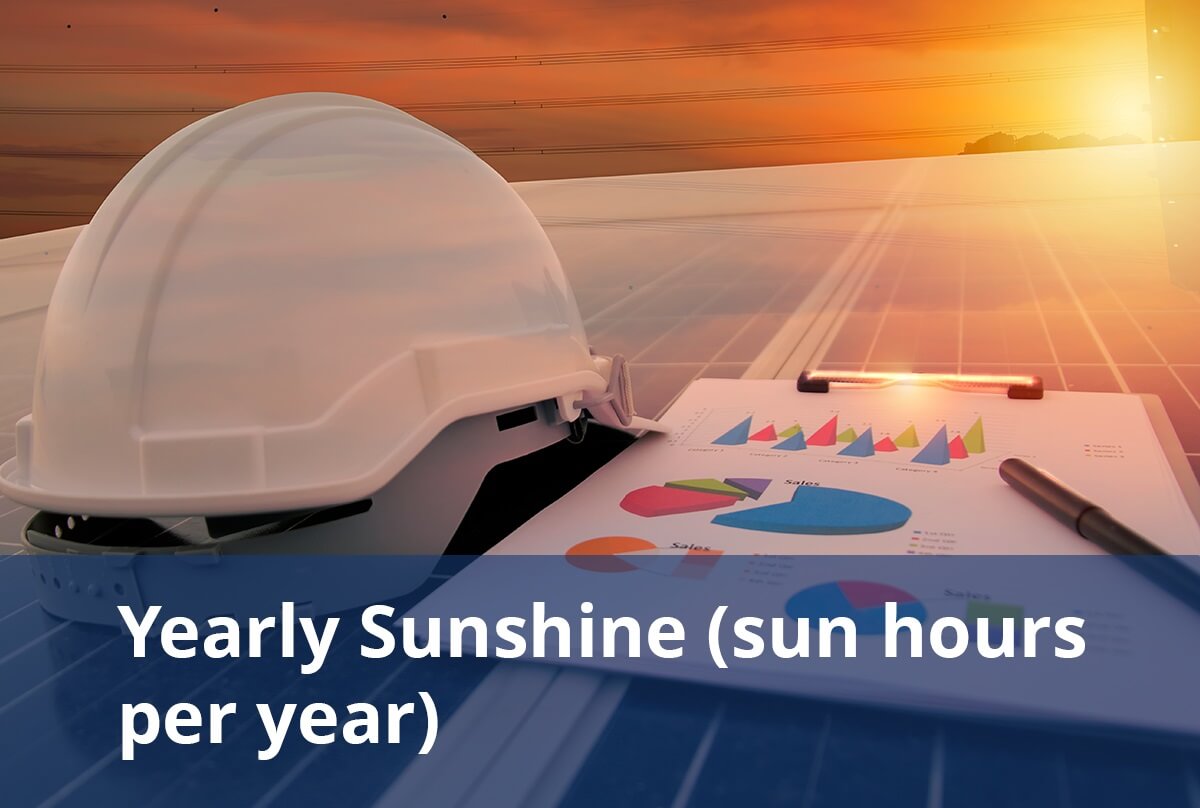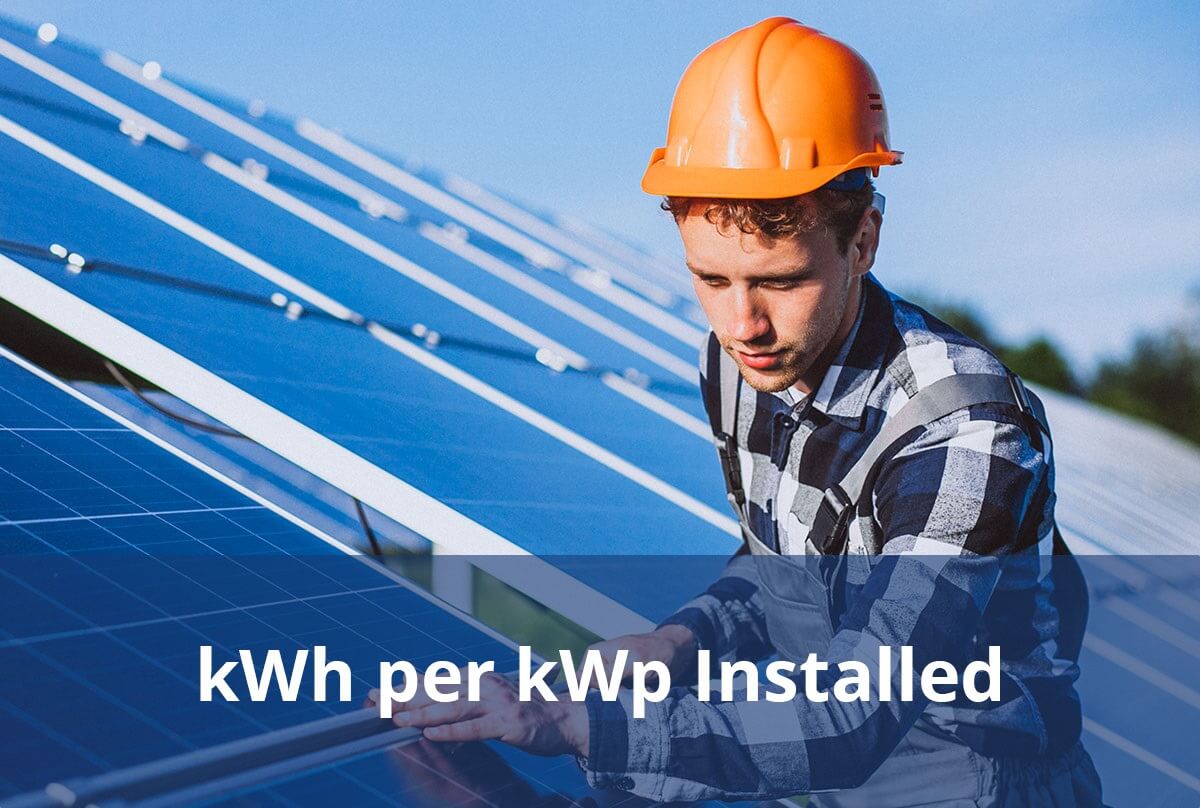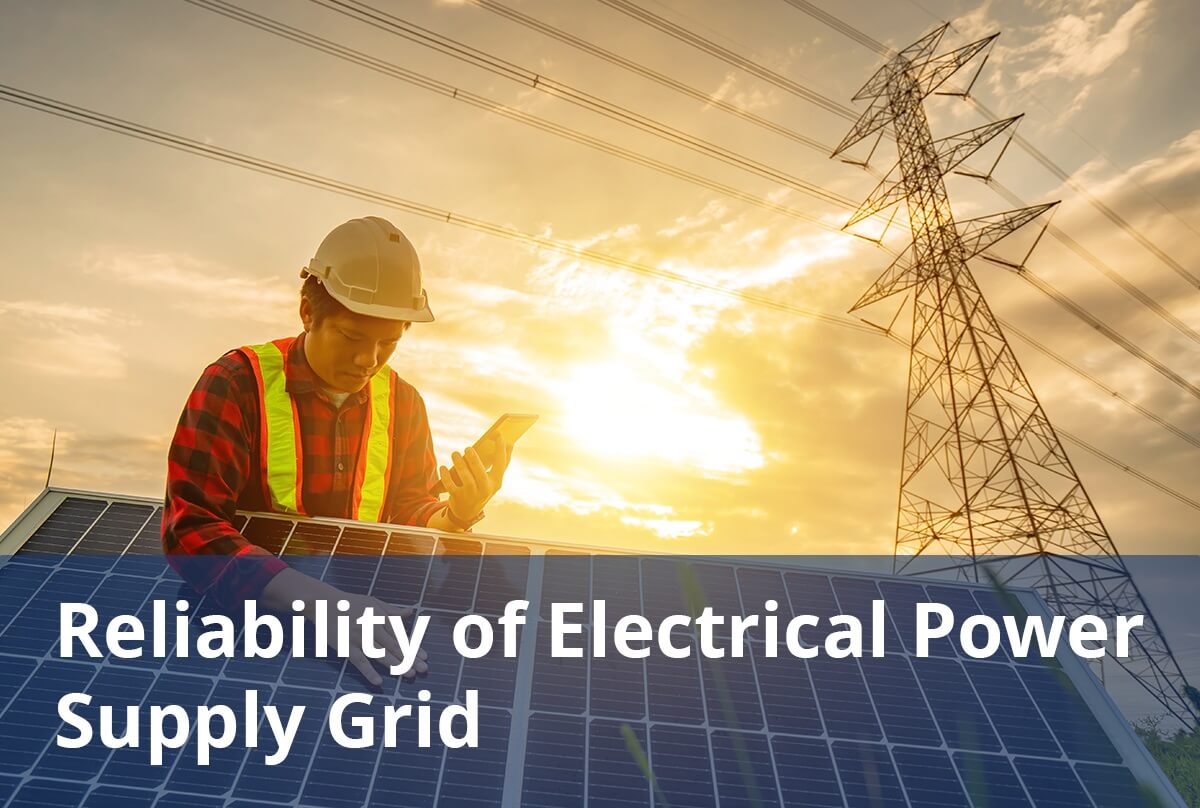Discover comprehensive insights into the statistics, market trends, and growth potential surrounding the solar panel manufacturing industry in Benin
- Climate data. (2024). PORTO NOVO CLIMATE. Retrieved from https://en.climate-data.org/africa/cape-verde/porto-novo/porto-novo-5732/
- Akpahou, R., Odoi-Yorke, F., Mensah, L. D., Quansah, D. A., & Kemausuor, F. (2024). Strategizing towards sustainable energy planning: Modeling the mix of future generation technologies for 2050 in Benin. Renewable and Sustainable Energy Transition, 5, 100079. https://doi.org/10.1016/j.rset.2024.100079
- CEIC. (2021). SBEE: Benin BJ: Residential Electricity Price: USD per kWh . Retrieved from https://www.ceicdata.com/en/benin/environmental-environmental-policy-taxes-and-transfers-non-oecd-member-annual/bj-residential-electricity-price-usd-per-kwh
- Statista. (2023). Share of individuals with a reliable supply of electricity in Benin in 2020. Retrieved from https://www.statista.com/statistics/1316145/share-of-individuals-with-a-reliable-supply-of-electricity-in-benin/
- Akpahou, R., Mensah, L. D., & Quansah, D. A. (2023). Renewable energy in Benin: Current situation and future prospects. Clean Energy, 7(5), 952–961. https://doi.org/10.1093/ce/zkad039
- Okoro, U. (2023). Benin gains solar power mini-grids for rural areas. Retrieved from https://energy-utilities.com/benin-gains-solar-power-mini-grids-for-rural-areas-news121152.html
- SNV. (2016). Introducing pay-as-you-go solar products to Benin. Retrieved from https://www.snv.org/update/introducing-pay-you-go-solar-products-benin
- European Investment Bank (EIB). (2022). Solar power for rural Africa. Retrieved from https://www.eib.org/en/projects/all/20200836#:~:text=Pay%2Das%2Dyou%2Dgo%20solution%20to%20unlock%20solar%20home%20systems,000%20high%2Dquality%20solar%20home%20systems%20in%20Benin.
- International Energy Agency (EIA). Energy systems of Benin. Retrieved from https://www.iea.org/countries/benin
- Max Haul. (2022). European loan to fund 107,000 home solar panels in Benin. Retrieved from https://www.pv-magazine.com/2022/06/24/european-loan-to-fund-107000-home-solar-panels-in-benin/
- Patrick. (2024). Engie connects solar mini-grid in Benin. Retrieved from https://www.pv-magazine.com/2024/04/15/engie-connects-solar-mini-grid-in-benin/
- World Salaries. (2024). Average solar installer salary in Benin. Retrieved from https://worldsalaries.com/average-solar-photovoltaic-installer-salary-in-benin/
- Worldometer. (2024). Population of Benin. Retrieved from https://www.worldometers.info/world-population/benin-population/
- Logistics cluster. (2024). Benin – 2.6 Storage Assessment. Retrieved from https://lca.logcluster.org/benin-26-storage-assessment
- Global Petrol Prices. (2023). Electricity prices in Benin. Retrieved from https://www.globalpetrolprices.com/Benin/electricity_prices/
- Coworker. (n.d.). Office space in Benin. Retrieved from https://www.coworker.com/office-space/benin
- Deboutte, G. (2020, November 27). Eiffage RMT set to begin work on 25 MW solar plant in Benin. Retrieved from https://www.pv-magazine.com/2020/11/27/eiffage-rmt-set-to-begin-work-on-25-mw-solar-plant-in-benin/
- African Union. (2024). Benin. Retrieved from https://au-afrec.org/benin#:~:text=The%20country%20is%20a%20net,and%20385%20ktoe%20petroleum%20products.
- GetInvest. (n.d.). Small independent power producers. Retrieved from https://www.get-invest.eu/market-information/benin/market-segments/
- Emiliano. (2020, January 27). Benin introduces VAT exemption on imports of PV panels. Retrieved from https://www.pv-magazine.com/2020/01/27/benin-introduces-vat-exemption-on-imports-of-pv-panels/
- North Africa Post. (2023). Benin eyes 300 MW in solar energy output by 2030. Retrieved from https://northafricapost.com/71883-benin-eyes-300-mw-in-solar-energy-output-by-2030.html
- Takouleu, J. M. (2022, July 21). Benin: The country’s first solar power plant (25 MWp) goes operational in Illoulofin. Updated July 21, 2024. Retrieved from https://www.afrik21.africa/en/benin-the-countrys-first-solar-power-plant-25-mwp-goes-operational-in-illoulofin/
- Power Technology. (2024). Power plant profile: Bohicon Solar PV Park, Benin. Retrieved from https://www.power-technology.com/data-insights/power-plant-profile-bohicon-solar-pv-park-benin/#:~:text=Bohicon%20Solar%20PV%20Park%20is,developed%20in%20a%20single%20phase












